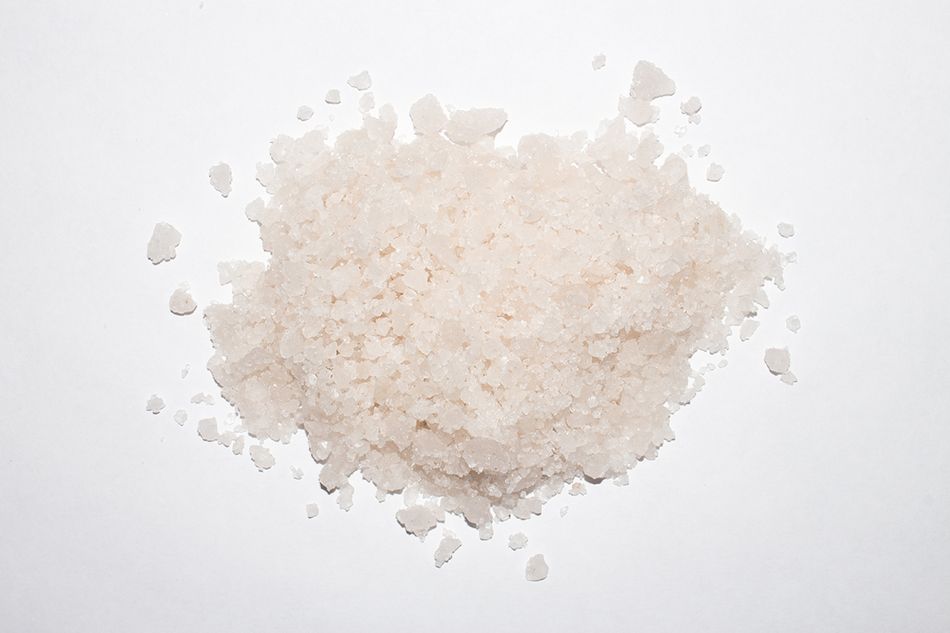Synthetic Cathinones Are Dangerous New Drugs

Synthetic cathinones look like certain types of bath salts, which is why they’re often called ‘bath salts.’ However, these drugs are completely different chemically from the products that customers use when bathing. These bath salts contain mind-altering components, and they may be more toxic and dangerous than many similar addictive substances.
Harmful Stimulants
Substance use disorder patients who have used cocaine or amphetamines sometimes start using bath salts as well. There is some evidence that at least some synthetic cathinones are ten times stronger than cocaine. Since cocaine is already a profoundly damaging and powerful stimulant, substance-use disorder patients should be especially concerned about the overall effects of synthetic cathinones.
Some substance-use disorder patients take drugs like bath salts because they’re trying to self-medicate and reduce any social anxiety symptoms. However, bath salts in particular will often directly make these symptoms much worse.
The people who take bath salts frequently become paranoid as a result. They might start becoming much more nervous in social situations. Paranoia can cause a person to avoid social situations altogether, making these substance-use disorder patients even more isolated.
Individuals who frequently have panic attacks might take synthetic cathinones, but these drugs can actually cause panic attacks. People who already got panic attacks frequently might have even more problems with them after they start taking bath salts.
It’s true that some people will act less inhibited and more cheerful when they take bath salts. However, these exaggerated emotions might make social situations more awkward.
The enthusiasm is chemically-induced, and it usually won’t seem like natural friendliness. Individuals who have tried to take drugs like this to be more social will potentially face additional social issues, and these new problems will have a new source.
Extreme Side-Effects
Bath salt consumption may lead to hallucinations. Substance abuse disorder patients may start hallucinating unexpectedly, which could immediately put them at risk for dangerous accidents.
Some substance-use disorder patients may also not expect the hallucinations. Many other stimulants rarely cause hallucinations. The patients who are specifically interested in the sensory distorting effects of some drugs will often take the drugs that are known for those effects, such as LSD.
Substance-use disorder patients who take synthetic cathinones might not know what’s happening when they start to experience hallucinations. The stimulant effects of bath salts may only make the hallucinations and other symptoms worse.
Some symptoms associated with the use of synthetic cathinones are even more severe than that. Some patients who use bath salt drugs will enter a state of excited delirium. They may become violent as a result.
Even if they don’t engage in physically violent behavior when they’re in this state, they might still become noticeably agitated. A Denver detox program can help prevent substance abuse disorder patients from reaching this point. The patients who have already started experiencing these symptoms can also be helped, and they shouldn’t hesitate.
Researchers are learning more about the effects of synthetic cathinone consumption all the time. These drugs are a full century old at this point, but they were rarely used until very recently.
As a result, researchers still don’t know about all the long-term effects of bath salt use. They know how these drugs can affect patients initially, and they’re becoming more familiar with the short-term effects of synthetic cathinone use.
The fact that there’s a comparatively small amount of information available that relates to synthetic cathinones only makes them riskier. Some substance use disorder patients may experience some symptoms connected to synthetic cathinone use that were previously unknown to medical researchers.



































